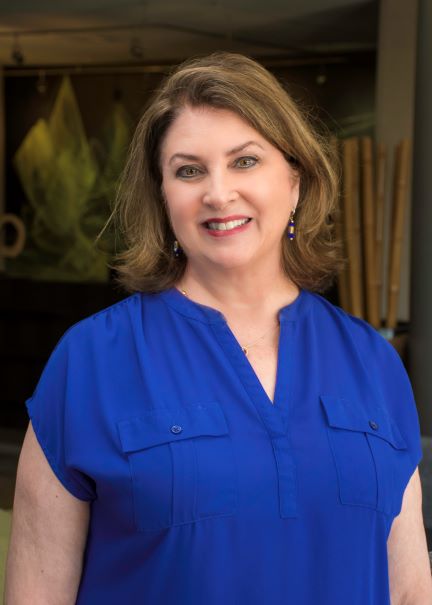What is privilege? A dictionary definition is “a special right, advantage, or immunity granted or available only to a particular person or group.”
So, privilege is having unearned advantages based solely on who we are, our class, sex, gender, race, religion, age, ability or any other social identity. These identities often place us in different social groups, and the social status we are granted is based on historical, political or other factors. Groups that are viewed as having a higher status are called the dominant groups. Those considered of lower status are called the target groups.
For Peggy McIntosh, an author, activist and scholar who has extensively examined privilege, “Privilege exists when one group has something of value that is denied to others simply because of the groups they belong to, rather than because of anything they’ve done or failed to do.”
Privilege cannot exist without oppression, just as oppression can’t exist without privilege. There is a relationship between groups that are assigned advantages and corresponding groups considered disadvantaged, which results in hierarchies and power differentials in societies.
Privilege and oppression occur at different levels: individual, interpersonal, institutional and ideological.
On the individual level, values, beliefs and opinions shape our attitudes as to which identities or social groups we deem better than others. The resulting prejudices and stereotypes bestow privileges to the dominant group that are not shared by the target groups. These individual beliefs often omit the intersectional identities we all possess.
Within any social identity, dominant groups assign certain benefits to those viewed as ‘normal,’ while withholding them from those within a group considered ‘different,’ which leads to the concepts of privilege and oppression at the interpersonal level. Personal beliefs will affect public interactions with others. It should be noted that not all members of a dominant group have the same privileges. However, by virtue of belonging to the dominant group, they do not have to confront the challenges and oppression the target groups face in their daily lives.
At the institutional level, the ideas of dominant groups that believe they are superior are incorporated into policies, practices, legal systems, education, media images, etc. The assumption of superiority is incorporated into these systems, which impacts how society functions.
These tropes fuel the idea that, somehow, one group is better, more advanced, normal or superior than another and therefore, should be in control. These dominant ideologies perpetuate systems of oppression like racism, sexism, classism, ableism, heterosexism, etc. They also determine how resources and power will be allocated. In North America, as in many parts of Europe, white racial identity has historically dominated.
As, renowned author, Toni Morrison states, “In this country, American means white. Everybody else has to hyphenate.” Whiteness is normalized and Whites are able to navigate society and daily lives with advantages historically, socially and politically constructed. These privileges are imbedded into our social fabric benefiting Whites while marginalizing and oppressing others.
In a similar way, historical social norms have imbedded patriarchy into our culture. Our society has been organized around the concepts that men are the dominant group and women and gendered individuals are subordinate. These social relationships created hierarchies of privilege and oppression.
How do we interrupt these patterns of oppression and privilege, especially since this framework of privilege and oppression is not representative of values of many people in our culture?
- For those of with privilege in any situation, the first step is to identify our individual patterns of thinking. Reflect on the personal unconscious biases. We all have them based on the messaging we receive throughout our lives, history we are taught and our lived experiences.
- Denial, often an emotion of privileged groups, should be set aside to make way for a genuine and thoughtful reflection on our privileges. Such introspection doesn’t have to be associated with shame or guilt.
- Acknowledge the damage systemic oppression has had on our society.
- Be willing to participate in honest and often uncomfortable conversations about dismantling systems of privilege.
- Commit to personal accountability by not accepting these systemic constructs and stop allowing them to continue.
- Live your integrity. Determine what you stand for and give voice to your values. Don’t be complicit in perpetuating ‘isms’. Become an ally.
- Rather than honoring intentions, demand that we commit to and honor outcomes.
And, if you haven’t read Peggy McIntosh’s White Privilege and Male Privilege: A Personal Account of Coming to See Correspondences Through Work in Women’s Studies (1988), please do so.
https://www.collegeart.org/pdf/diversity/white-privilege-and-male-privilege.pdf
Cathy Holt
Chief Knowledge Officer
DEI Consultants, LLC





